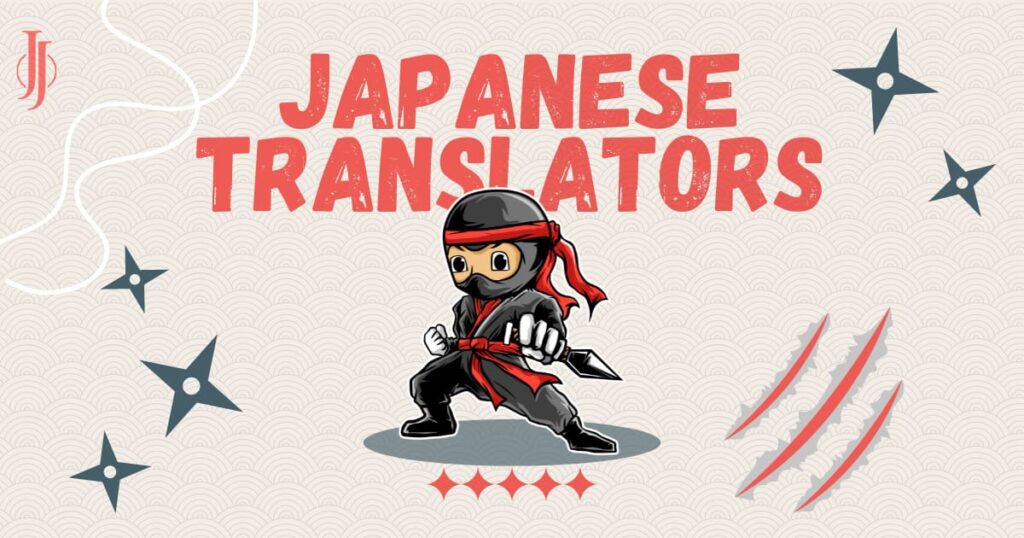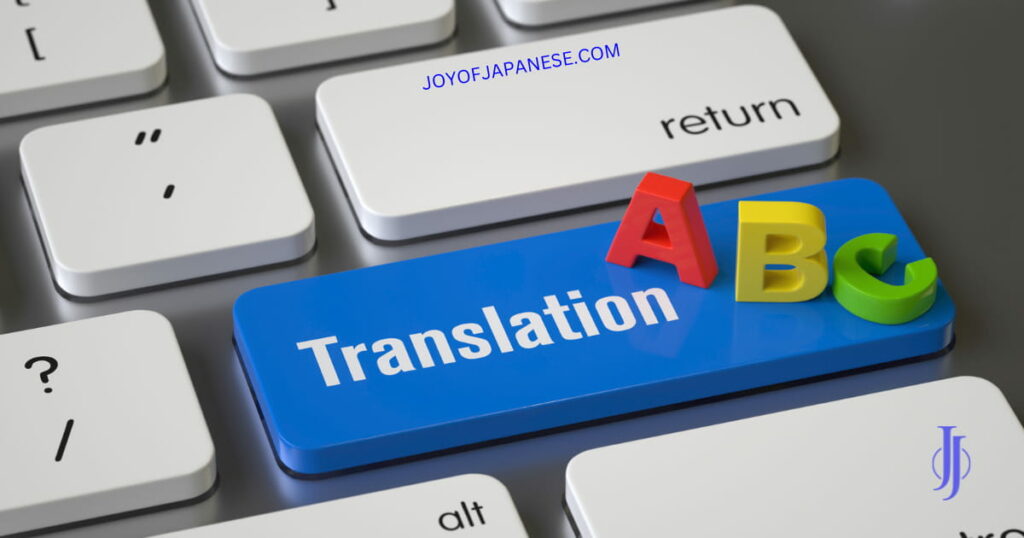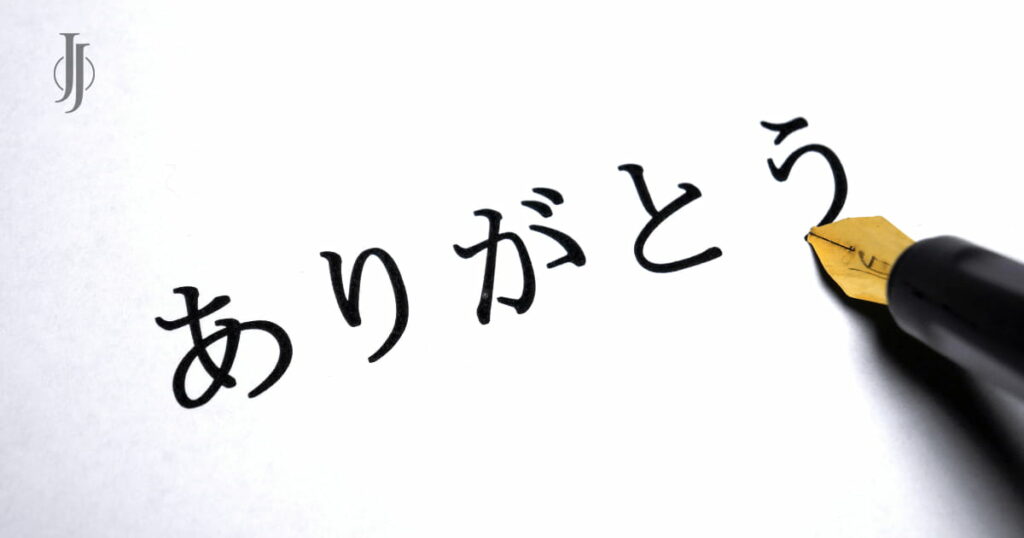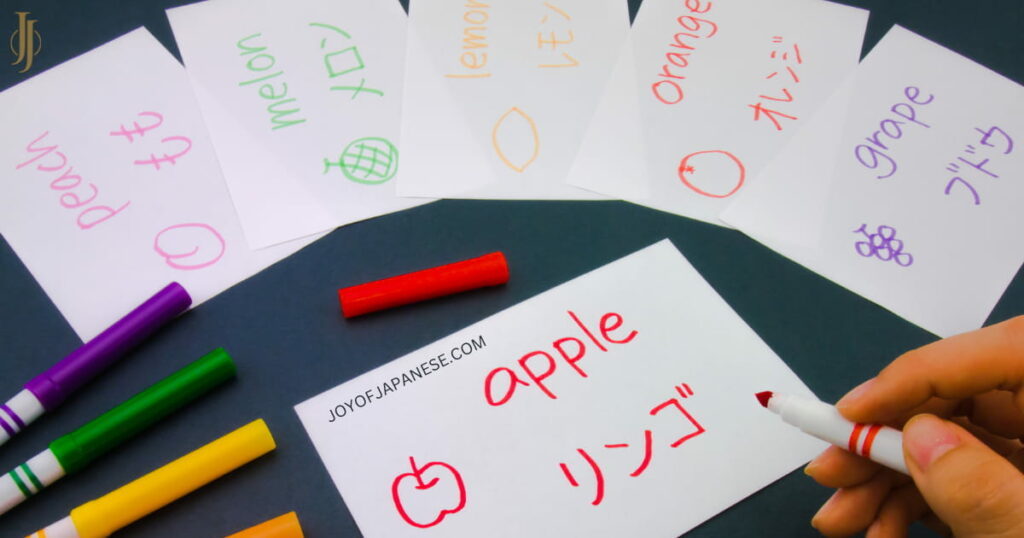If you are learning Japanese or thinking of starting, working as a translator might be on your top list. Foreign language learners, including those studying Japanese, often strive to achieve this goal.
The cultural aspect is not the only factor that puts Japanese language skills in demand. Or scholarships in Japan, games, entertaining Anime, J-pop, and J-movies. With your language skills, you can explore plenty of career options.
The Japanese language has gained worldwide recognition due to Japan’s economic growth and cultural dominance.
This has resulted in millions studying or fancy learning Japanese. With over 128 million native speakers, Japan is the 9th most spoken language globally.
Although Japan’s flourishing market and entertainment industry are impressive, the Japanese language is more valuable.
Many job opportunities are available to you if you are fluent in Japanese.
An example of such a choice is a Japanese translator. Careers in this field are rewarding, flexible, and offer good pay.
Language learners who want to immerse themselves in everything Japanese find the job fascinating. To be successful in this field, you need to know what it takes to get in and how to succeed.
How can you use your Japanese knowledge to your advantage for a career as a translator? Where can you find employment opportunities, requirements, types of work, and how much money can you make?
This article aims to provide a complete understanding of the Japanese translation job! So let’s find out everything.
TABLE OF CONTENTS
- What is the job of a Japanese translator?
- The types of translation
- Do Japanese translators have a bright future?
- Disadvantages of being a translator
- How to become a Japanese translator?
- Where can I find translation projects?
- How much does a Japanese translator earn?
- Final Words: Could translation be a career for you?
What is the job of a Japanese translator?
A Japanese translator’s job is translating written texts from Japanese into another language or vice versa. This directs you to analyze, edit, and rewrite your text in the target language.
It will help if you can speak at least two languages at an advanced level. Thus, you must have a second language in it as well as Japanese. This makes it easy to communicate between languages.
Translations are usually done in the translator’s mother tongue or a language with a high level of expertise.
For example, if you know Japanese as a second language, you translate it into your native-like French. Your Japanese language ability with high mastery will decide whether you can do the work.
Translation involves understanding the text in the source language. After that, you translate into the target language with a natural flow and correct purpose.
The sentence should be not only grammatically correct but also culturally suitable. The translator must convey the original author’s meaning and context as much as possible in the final output.
A translator is needed for most business meetings, talks, conferences, live events, and documents. Hence, it is crucial to thoroughly understand the text before translating it.

Are machines capable of replacing human translators?
I’m afraid not.
Machine translations are not suitable for replacing human translations because of the complexity of languages. It won’t happen anytime soon.
The reasons for this are clear.
Different languages can use the same term differently. So what works in one language might not work in another. We also correlate words with contexts. As an outcome, translations may be inaccurate.
Today, you can access many software and apps for Japanese language translation. Continuous improvement is also taking place. Yet, it falls far short of expectations and is not satisfactory enough.
Because of variations in word order, character combinations, and grammar rules, a machine cannot give accurate results.
The cultural sensitivities and honorific systems make it more complicated. Japanese syllables, for example, have their own meanings.
One Japanese word contains many characters. So by analyzing the context and the computer output, you can specify which isn’t helping. Even though machine translations are quick and affordable. Still, quality differs.
So professional Japanese translators continue to be in high demand everywhere. Only human professionals can meet mission-critical and complex requirements.
What makes it different from interpretation?
Often, translators and interpreters are mistakenly considered to be in the same profession. But there is a big difference between them.
Japanese translators specialize in translating written materials. On the other hand, interpreters handle only spoken languages.
Interpretation focuses on spoken language, while translation affects written texts. Thus, translators and interpreters play different roles.
When foreigners speak on official business, you will see an interpreter. So, you can sometimes have successful verbal dialogues when the language barrier is removed.
Since you need to understand what someone is saying in their own language, it is more difficult to interpret their speech. So, after that, speak in a language other than one of the original speakers.
An interpreter makes more money since the job is more demanding and rigid than a translator. Also, the work demands precision and pro-activeness.
The types of translation
There are many types of texts you can translate. Three broad categories exist.

(i) General Translator
It is common for general translators to be the first to enter the profession. So, it is common to refer to them as “generalists” when translating for “general purposes.”
This work does not contain any specialized content.
Expert knowledge or thorough knowledge of the field is unnecessary to understand it. Almost any professional translator can handle the task.
Technical terms, dialects, and slang may still appear in the text. Yet, most people can comprehend it with little research and effort.
Information about products and services that are standard in business. The reports on non-technical topics, social media content, and website content are included. These are incorporated into this category.
(ii) Specialized translator
Most translations in this category require a specialist translator besides generic needs.
The time to learn Japanese depends on several factors. As an example, becoming a translator takes between three and five years. Also, establishing authority in specialized fields takes time and hard work.
There are many kinds of specialized translations. Among them are legal, travel, sales & marketing, finance, medical, commercial, scientific, and technical.
The popularity of TV shows and films for Japanese learners resulted in increased multimedia content. So, voice-overs, scripts, dubbing projects, and subtitles have a large market. Plus, many enthusiasts are highly interested in J-pop lyrics.
The most famous work areas are translations, transliterations, and audio translations. These demands have increased in recent years.
Is literary work your cup of tea? Your mother tongue can help translate texts from Japanese.
Novels, short stories, plays, poetry, articles, and essays fall under this category. Also, history, literature, customs, festivals, culture, and other subjects are covered.
There is also a growing market for research books, self-help, and science. Plus, publishing and educational books offer many opportunities in many fields.
(iii) Transcreation
Transcreation is converting content between two different languages. The tone, intent, goal, context, and style remain unchanged throughout this process.
There is no change to the sentence-by-sentence structure.
By using cultural familiarity and creativity, the translator can enhance the content. In this way, it becomes more appealing to new readers.
The audience will understand the text better. There are many factors to consider, of course.
Regarding language, it is more exciting to consider cultural nuances, localization, and marketing considerations.
In most cases, copywriters offer these services. Yet, creative translators can perform these tasks. As a result, their earnings are also higher than those of translators.
Do Japanese translators have a bright future?
There are reasons translating is a lucrative career choice. Let’s examine it in more detail!

1. Freelancing offers flexibility
A freelance Japanese translator is the perfect career choice for living a flexible lifestyle.
Most of the translators work for themselves. That’s why this profession is so rewarding! Last, you will be free to choose your hours and be your own boss.
High-speed internet and technology have made it possible for you to have a successful translation career. One of the best things about it is that you can do it anywhere you want at any time.
Managing your time when you follow a fixed schedule is unnecessary. It’s up to you what your workspace looks like, your hours, and your pay rate.
You have more control over your work schedule.
You might spend 200 hours on a translation job, for example. These hours can now be completed at your convenience.
As long as you finish it before the deadline, it doesn’t matter how much time you spend on it every day or week. You do it your way and make money, and they get what they want.
2. You can make good money
Among Japanese learners, translators are in high demand. Further, this occupation is prevalent worldwide due to ample job chances and higher income. These are the most critical factors.
The demand for skilled translators is always high. The increased earnings result from their specialization, expertise, and experience.
It is typical for translators to earn a more high salary than professionals in other fields related to languages. This has led to a rapid increase in translator job openings.
The need for less spoken and difficult languages like Japanese is higher, even though all languages are needed.
An increased salary for translators is also a result of Japan’s rapid rise on the global business stage.
Companies pay freelance translators by the project, page, or word instead of by the hour. Also, depending on your regular hours, you can work full-time and get a paycheck weekly or monthly.
3. You will learn valuable new skills.
You will learn many things as a translator.
The skills you need to write, edit, and use grammar will improve. You will also increase your vocabulary.
Besides knowing different aspects of Japanese, you will also learn about cultural sensitivity and industry-specific information.
Building your client base, contacting clients, and managing your schedule is all part of your job. You can also juggle many projects at the same time.
Your work requires you to thoroughly know technical details and how to operate different apps and software. And so, it is helpful to understand digital products on a technical level.
Disadvantages of being a translator
Despite some known positive aspects, there are also some negative ones.
In the first place, there are no guarantees for the work. The incomes also often fluctuate — rise and fall all the time.
There is a tendency for translators to work temporarily for short periods. Freedom and flexibility indeed have their advantages. Even so, deadlines and complex projects are repeatedly a problem.
Maintaining your reputation and impressing your clients requires hard work.
The possibility of not getting new projects every month also exists. It means prolonged periods when you are jobless as a freelancer. That’s one of the most notable shortfalls of Japanese translators.
The technology of machine learning is advancing. Thus, questions have been raised about future job opportunities for Japanese translators.
It seems unlikely that online tools can replace human translators. Some companies still don’t engage translators for non-essential work these days.
Online tools such as Google and Bing translators make this possible.
You may eventually become bored as a translator. This employment is not suitable for everyone because of repetitive work and staring at a laptop screen most of the day.
This may not be the right path if you prefer a creative career. But despite some apparent flaws, translators’ benefits outweigh their drawbacks.
How to become a Japanese translator?
Those learning a foreign language may find it beneficial to make a translator career.
That makes sense. Doesn’t it?
Compared to other positions, translators earn a higher salary. It also gives an edge to travel and work anywhere. You will also be able to improve your knowledge of Japanese.
To make it a reality, what are the steps to take?
The following four are necessary criteria and required abilities.

1. The qualifications of a translator
A bachelor’s degree is typically needed to become a translator. But it is not mandatory, and you don’t need a specific degree or combination of subjects.
Learning and improving languages during your early days, like school or college, is best for becoming a translator. So that you get enough time to make yourself an expert in Japanese.
For a full-time career as a Japanese translator, an individual can pursue a Bachelor’s and Master’s degree in Japanese.
A specialized certification program is available for translators as well. Once you have reached a certain level of competence, you can consider this.
Beyond language skills, you should also be familiar with industry norms and sector-specific details. You will also benefit from your understanding of technical aspects, technology, nuances of the work, and etiquette.
2. Japanese proficiency at a higher level
Translators must have a high proficiency level in at least two languages. This is one of the advanced levels in official language exams, also known as the near-native.
You can find Japanese-related work regardless of your native language.
This study covers more than just grammar. Reading newspapers and watching TV series to learn Japanese are also part of the study process.
The Japanese culture becomes more familiar to you as well. Your understanding of the language deepens as you become more aware of it.
Focus on achieving the advanced level if you wish to become a Japanese translator. If you have not already reached the highest grade in your language skills, continue improving them.
Aim to possess advanced language skills in at least two languages, like C1/C2, JLPT level N2/N1, or another comparable reference system.
You might study Japanese at a university or long-term program. And if you’re going to stand out from the crowd, try a custom-made translation course.
You can get a diploma through self-study or one-on-one tutoring. Yet, employers prefer reliable documentation to verify your Japanese abilities.
Certifications such as Japanese NAT-TEST and JLPT can prove your fluency. Then, you will be more likely to get hired as a translator.
3. Ability to write and translate well
Do you have a natural talent for writing and a good command of the target language? Then, a translator would be an excellent choice.
There is no place for insincerity, incompetence, and carelessness. Also, substandard performance won’t help you much in your career horizon.
Being able to translate well requires more than just language knowledge. For example, an individual might be proficient in Japanese but unable to decipher it effectively.
There is no guarantee of translation success if you are fluent in only one language. It would help if you also have a knack for writing skills and the ability to adapt to different writing styles, depending on the situation.
4. Contacts, references, and networking are important
The translation process has become an integral part of the business operations of almost every company. But it’s hard to find these jobs through advertisements or online job boards.
With a strong resume and plenty of contacts, you’re more likely to find success.
Once you become a freelance translator, work to improve your connections. You will be better off in the long run if you have more references.
You can do this by creating an online profile on job portals. In addition, business networking websites such as LinkedIn can also help you connect with recruiters and HR.
By contacting professionals in this field, you can expand your network. And if you are interested in working for a specific company, you can also send your CV there.
Where can I find translation projects?
Many employers provide software that can complete translations on computers. So it is easy and possible to work remotely. The company also allows you to work from anywhere in the world.
Many translation service providers and companies employ Japanese language experts.
After creating a list of agencies, you wish to contact, avoid spamming them. You might find it more helpful to browse their websites instead.
In the same way, if you intend to work independently as a translator. Again, you will need marketing and business skills in the competitive freelance market.
The more language education, experience, and references you have, the better. Having contacts is a definite benefit for Japanese language translators!

How much does a Japanese translator earn?
One of the most important incentives for this profession is a good paycheck.
A translator’s salary can vary widely.
Many factors affect pay, including language skills, work experience, and the nature of the job. It is also crucial to consider the combination of languages.
Consider translating, transcreating, or transcribing less commonly spoken languages. Your income will then be higher than that of a general translator.
Organizations pay decent salaries to their employees. It is common for freelance translators to be paid according to the number of words, pages, or projects they complete.
Final Words: Could translation be a career for you?
Japanese speakers may find it difficult to imagine a career as a translator.
The dream can become a reality someday by working hard and dreaming big. So don’t give up, even if it takes a lot of motivation and perseverance!
Hard work and passion for languages may make you a superb translator. So, before deciding, think about the benefits and drawbacks.
Among Japanese learners, translators are among the most popular professions.
High salaries, growing scope of work, and flexible working hours are some reasons. Your passion, for instance, Japan, can motivate you to engage.
Are you thinking about making a career as a Japanese translator? Write in the comment what you think and if you have questions!








This really helped. I have been doing some translation work here in Japan, but I’m looking to expand to find jobs in the U.S. This helped build up my confidence.